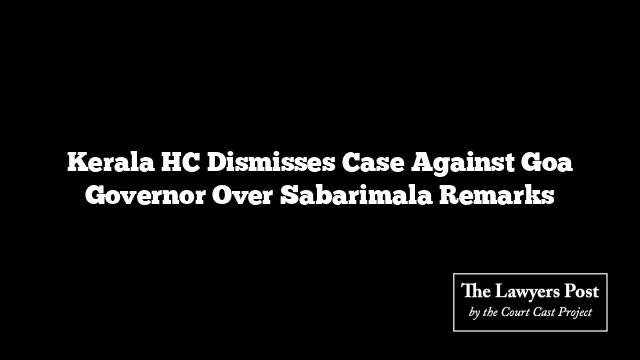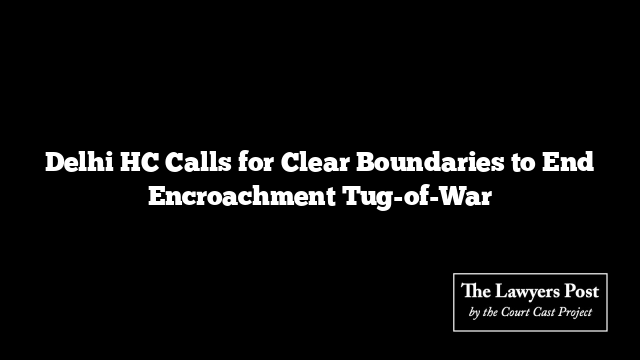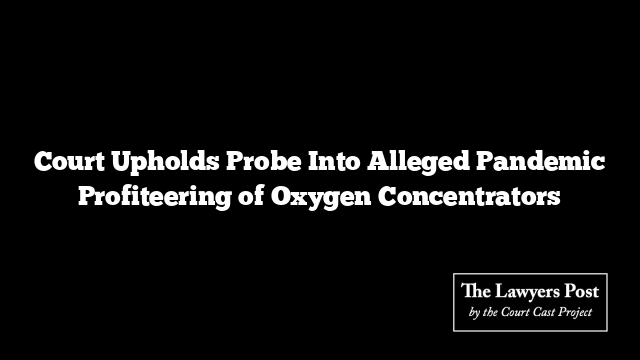In a decisive ruling, the Kerala High Court quashed a 2018 criminal case against PS Sreedharan Pillai, currently serving as Goa’s Governor, over his speech criticizing the Supreme Court’s landmark decision on the Sabarimala temple. The judgment, delivered by Justice PV Kunhikrishnan, emphasized that public discourse, even when critical, does not inherently justify legal action unless it poses a significant threat to public order.
Pillai’s comments, made during his tenure as the Kerala BJP President, had sparked controversy after he opposed the Supreme Court’s verdict allowing women of all ages to enter the Sabarimala shrine. Speaking at a BJP youth wing event, he reportedly suggested that the temple’s thanthri (head priest) closing its gates to women would not amount to contempt of court. The remarks led to an FIR under Section 505(1)(b) of the Indian Penal Code, which penalizes statements likely to incite fear or public unrest.
Context and Court’s Observations
The High Court underscored the need to evaluate speeches in their entirety rather than isolating select phrases. Justice Kunhikrishnan noted that Pillai’s speech contained statements advocating unity among religious communities to uphold Sabarimala traditions, reflecting a broader attempt to engage in peaceful dialogue rather than incitement.
The Court clarified that the context of the event—a private gathering—meant the audience could not be classified as the “public” as defined under the IPC. Additionally, it highlighted that the dissemination of the speech by media outlets was not orchestrated by Pillai himself.
“Criticism of judicial decisions is not unlawful. Such discussions are part of democratic engagement and are essential for ensuring accountability,” the Court stated.
Legal Protection for a Sitting Governor
Adding another layer to its reasoning, the Court acknowledged that Pillai, as a sitting Governor, enjoys constitutional immunity from prosecution under Article 361. This protection further strengthened the grounds for quashing the proceedings.
Looking Back at the Sabarimala Debate
The Sabarimala verdict, delivered in 2018, ended a longstanding tradition that barred women aged 10 to 50 from entering the shrine. While it was hailed as a victory for gender equality, the decision also ignited widespread protests and debates, with critics like Pillai voicing concerns rooted in cultural and religious beliefs.
The Kerala High Court’s ruling marks a significant moment in balancing freedom of expression with the sanctity of public discourse, reinforcing that critique, even of apex court rulings, is a cornerstone of democracy.





